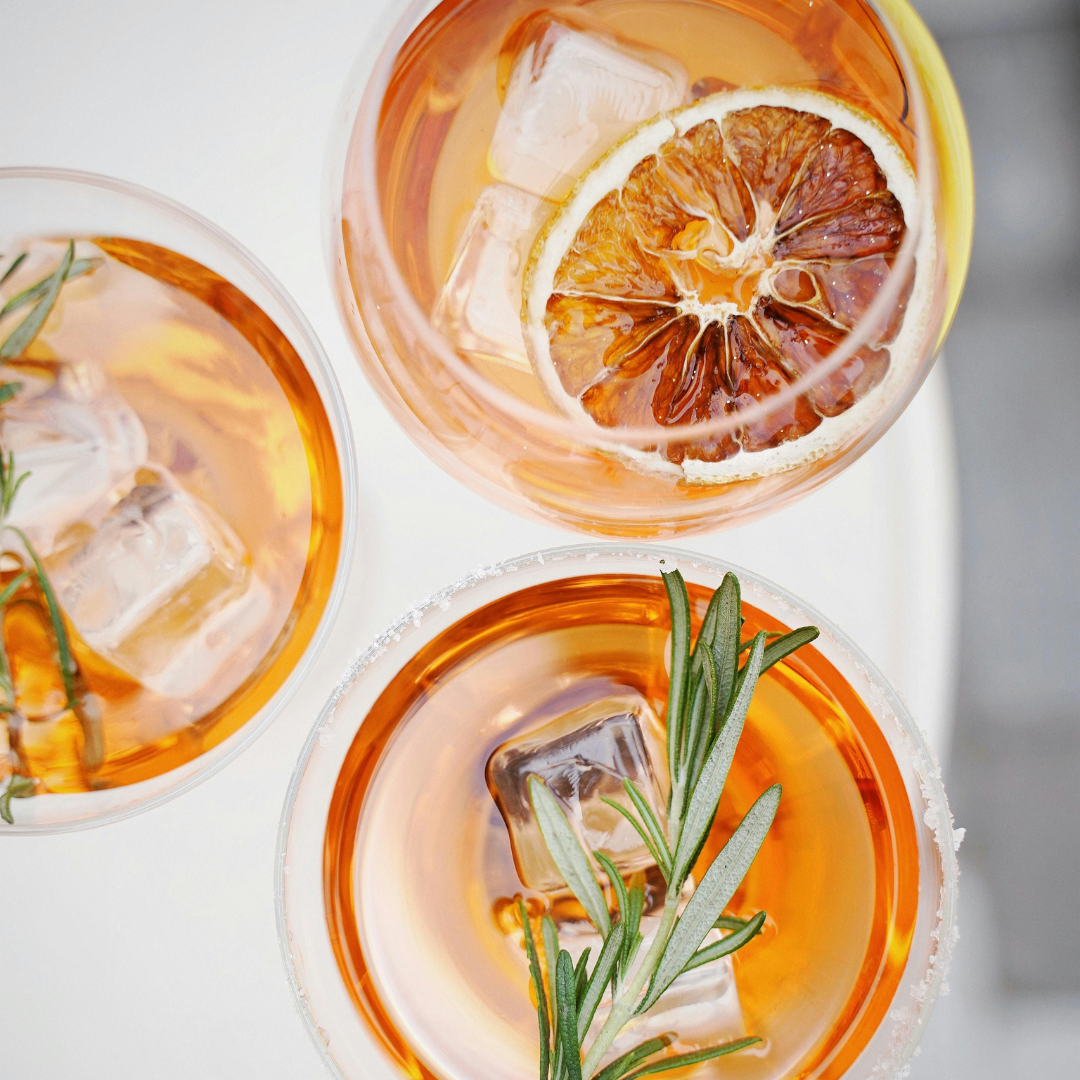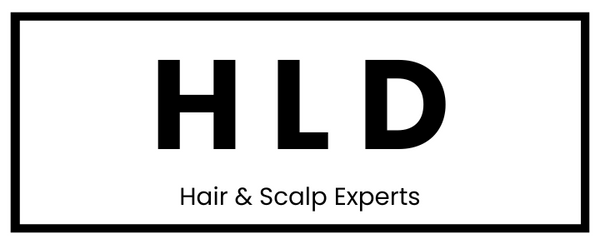
We need to talk about alcohol and hair health
Share
Alcohol is a topic of significant interest when it comes to health and wellness, and its impact on hair health is no exception.
Whether you’re looking to maintain strong, healthy locks or embarking on a hair restoration journey, understanding alcohol’s effects is key. In this update we're discussing how alcohol influences hair health and what steps you can take to strike a balance, and don't worry - we're not going to tell you to never touch a drop again, how would we get through the summer parties and events?!
The Negative Effects of Alcohol on Hair
Excessive alcohol consumption can have detrimental effects on hair health, primarily due to its impact on the body’s overall health. Here are some of the ways alcohol may negatively affect your hair:
Dehydration. Alcohol is a diuretic, meaning it increases urine production, leading to dehydration. Dehydration impacts the scalp’s health, leaving it dry and prone to issues like dandruff, which can weaken hair follicles.
Nutrient Deficiency. Alcohol consumption can hinder the absorption of essential nutrients like zinc, iron, and biotin—all of which are crucial for healthy hair growth. Over time, this deficiency can lead to brittle, thinning hair.
Hormonal Imbalance. Excess alcohol can disrupt hormonal balance, particularly by increasing cortisol levels and reducing testosterone—both of which can play a role in hair loss.
Oxidative Stress. Alcohol can increase oxidative stress in the body, leading to damage of hair follicle cells and premature aging of the hair. As we have discussed elsewhere, antioxidants are a key part of any healthy hair routine.
The Silver Lining: Moderate Alcohol Consumption
The effects of alcohol on hair health are not entirely negative. Moderate consumption of certain types of alcohol may have neutral or even positive effects in specific contexts.
Red wine, when consumed in moderation, contains antioxidants like resveratrol that combat oxidative stress. These antioxidants may indirectly support scalp health and hair follicles by improving circulation and reducing inflammation.
Moderate alcohol consumption in social or relaxing settings may help lower stress levels, which can be a contributing factor to hair loss. However, stress management should ideally rely on healthier methods like exercise or meditation.
Alcohol and Hair Restoration Treatments
For those undergoing hair restoration treatments, it’s essential to consider how alcohol may affect the process:
If you’ve had a hair transplant, it’s crucial to avoid alcohol during the healing process. Alcohol can thin the blood, potentially interfering with clotting and delaying wound healing.
Many hair restoration treatments, such as minoxidil or finasteride, may have interactions with alcohol. It’s important to follow your healthcare provider’s guidance.
The Gen Z Alcohol-Free Movement: A Generation with the Healthiest Hair?
One of the most fascinating trends in recent years is the Gen Z movement toward going alcohol-free as part of a broader health and wellness revolution. This shift away from alcohol consumption is not just a lifestyle choice but also a potential boon for hair health.
Focus on Hydration. By avoiding alcohol, Gen Z’ers are less likely to experience dehydration—a common culprit behind dry scalps and brittle hair.
Nutrient Retention. With fewer barriers to nutrient absorption, this generation may enjoy better access to essential vitamins and minerals that support strong, healthy hair.
Reduced Oxidative Stress. Lower alcohol consumption leads to decreased oxidative stress, which means healthier hair follicles and reduced chances of premature hair aging.
Holistic Health Practices. Gen Z’s embrace of mindfulness, balanced diets, and fitness aligns with healthier hair. Alcohol-free living complements these habits, creating an environment for optimal hair growth.
This movement highlights a generation’s commitment to long-term health, and the benefits are likely to extend beyond just hair health. With reduced alcohol consumption becoming a cultural norm, we may very well see a generation with the healthiest hair yet.
Striking a Balance
Maintaining healthy hair doesn’t require eliminating alcohol entirely, but moderation is key. Here are some tips:
Hydrate Well. Balance alcohol consumption with plenty of water to counteract dehydration.
Focus on Nutrition. Ensure your diet is rich in vitamins and minerals that support hair health.
Limit Excess. Keep alcohol consumption within recommended limits—one drink per day for women and two for men.
While alcohol can have some negative effects on hair health, moderation and mindful choices can help mitigate these risks. If you are focused on hair restoration, enjoying a balanced approach to alcohol, staying hydrated, and maintaining a nutrient-rich diet can support your journey to healthier, fuller hair. Remember, balance is the key to both a healthy lifestyle and luscious locks!
